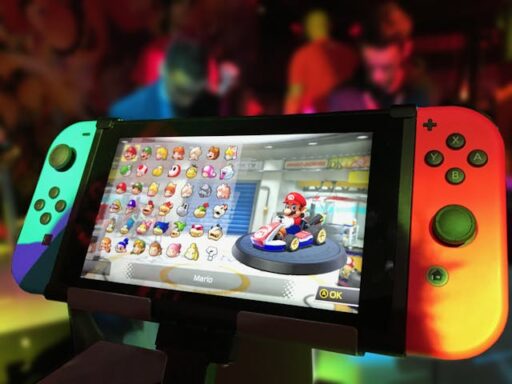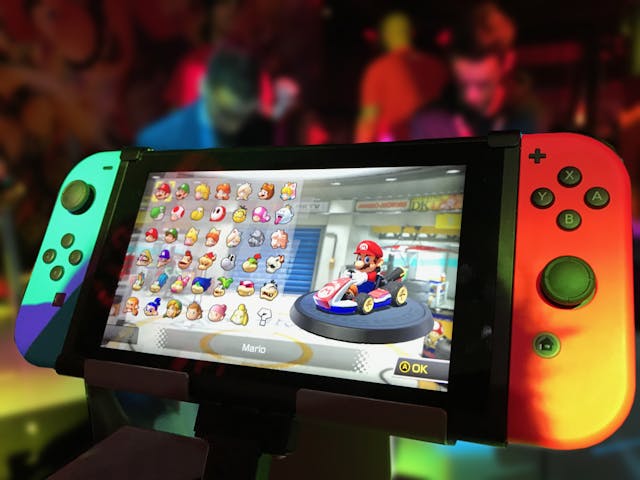Entertainment has been an integral part of human culture since the dawn of civilization, evolving and adapting alongside advancements in technology, society, and culture. From the earliest forms of storytelling around campfires to the immersive virtual realities of today, the evolution of entertainment reflects humanity’s creativity, imagination, and desire for connection and escapism. In this blog post, we’ll explore the fascinating journey of entertainment throughout history and examine how it continues to shape our lives in the digital age.
The Dawn of Entertainment:
The origins of entertainment can be traced back thousands of years to ancient civilizations such as Mesopotamia, Egypt, and Greece. Early forms of entertainment revolved around communal rituals, religious ceremonies, and storytelling traditions. Cave paintings, ancient myths, and oral traditions served as vehicles for passing down knowledge, preserving cultural heritage, and providing entertainment for the masses.
The Rise of Performing Arts:
As civilizations flourished and societies became more complex, entertainment evolved to include various forms of performing arts. Greek theater, with its dramatic performances and elaborate costumes, emerged as a cornerstone of ancient entertainment. Theaters and amphitheaters became hubs of cultural activity, attracting audiences from all walks of life.
During the Renaissance period, the performing arts experienced a resurgence, with the emergence of iconic playwrights like William Shakespeare and the establishment of permanent theaters in Europe. The invention of the printing press further democratized access to literature and plays, fueling the spread of cultural ideas and entertainment across continents.
The Age of Mass Media:
The Industrial Revolution brought about significant advancements in communication and transportation, paving the way for the mass production and distribution of entertainment. The invention of the phonograph, radio, and motion pictures revolutionized how people consumed entertainment, bringing it into homes and communities on an unprecedented scale.
The golden age of Hollywood in the early to mid-20th century saw the rise of cinema as a dominant form of entertainment, with iconic stars like Charlie Chaplin, Marilyn Monroe, and Humphrey Bogart captivating audiences worldwide. The advent of television further transformed the entertainment landscape, providing a new platform for storytelling, news dissemination, and cultural programming.
The Digital Revolution:
The turn of the 21st century ushered in the digital revolution, profoundly transforming how entertainment is created, distributed, and consumed. The internet, smartphones, and streaming platforms have democratized access to content, allowing individuals to explore a vast array of entertainment options at their fingertips.
Social media platforms like YouTube, Instagram, and TikTok have empowered creators to share their talents and connect with audiences on a global scale. Virtual reality (VR) and augmented reality (AR) technologies offer immersive and interactive experiences, blurring the lines between the physical and digital worlds.
The Future of Entertainment:
As technology continues to advance at a rapid pace, the future of entertainment holds limitless possibilities. Artificial intelligence (AI), blockchain, and 5G technology promise to revolutionize content creation, distribution, and monetization. Virtual concerts, gaming tournaments, and live streaming events are reshaping how we experience entertainment in real-time.
Furthermore, as society becomes more interconnected and diverse, there is a growing demand for inclusive and representative storytelling that reflects the rich tapestry of human experiences. From interactive storytelling experiences to personalized recommendations driven by machine learning algorithms, the future of entertainment is poised to be more immersive, inclusive, and interactive than ever before.
Conclusion:
The evolution of entertainment is a testament to humanity’s ingenuity, creativity, and resilience. From ancient rituals to virtual realities, entertainment has continuously adapted to meet the changing needs and desires of audiences throughout history. As we embrace new technologies and platforms, let us celebrate the diverse tapestry of entertainment that enriches our lives and fosters connection and creativity across cultures and generations.





